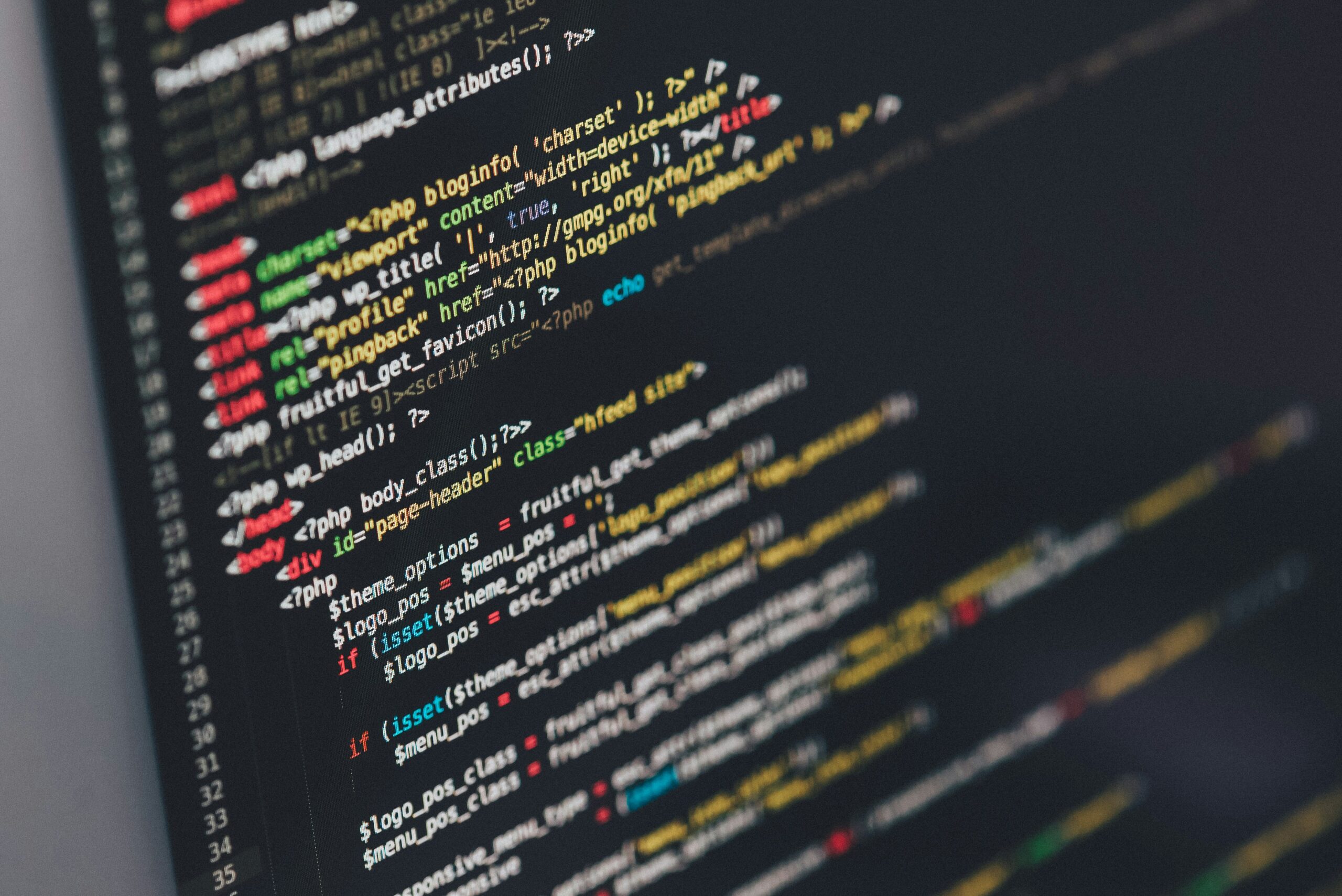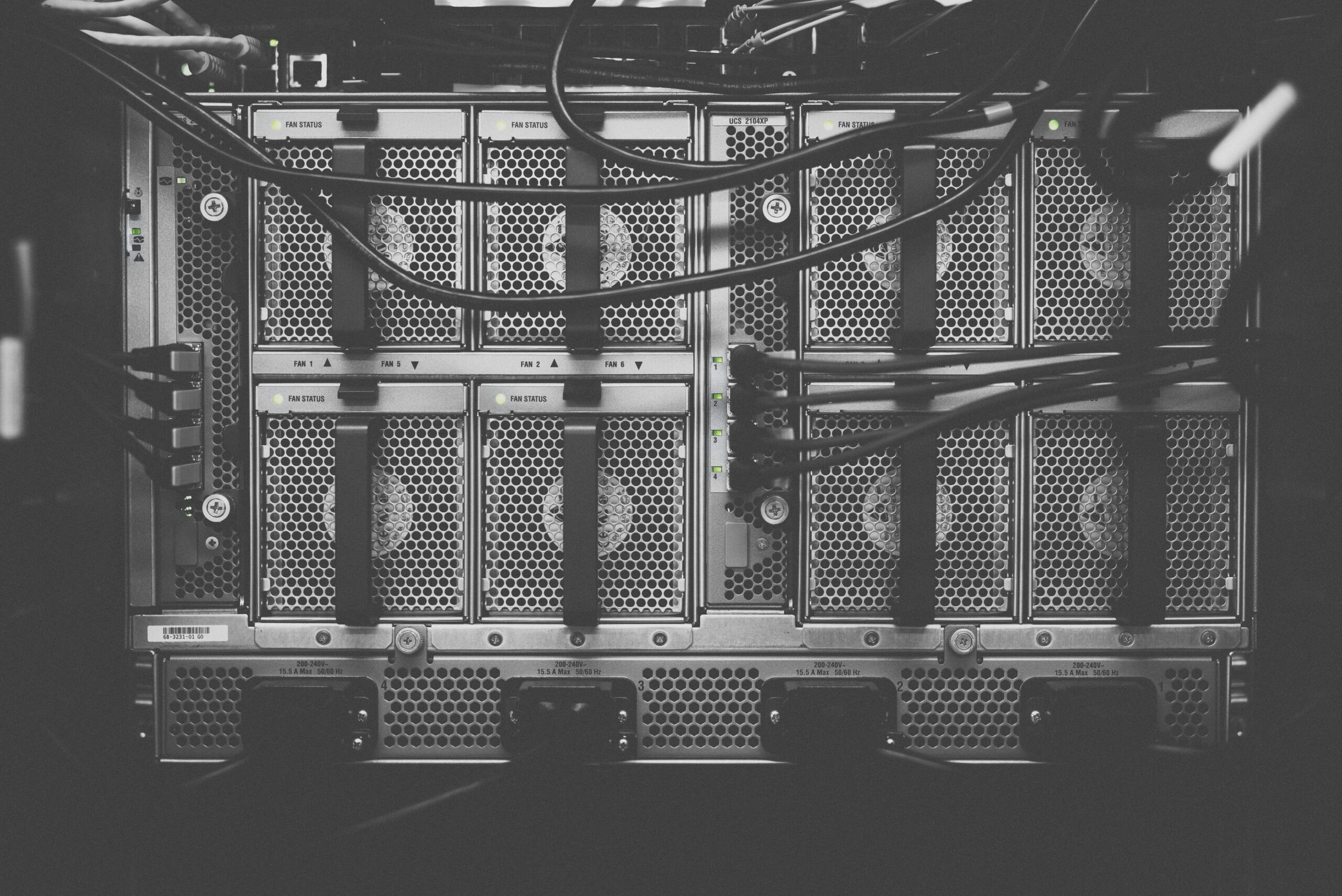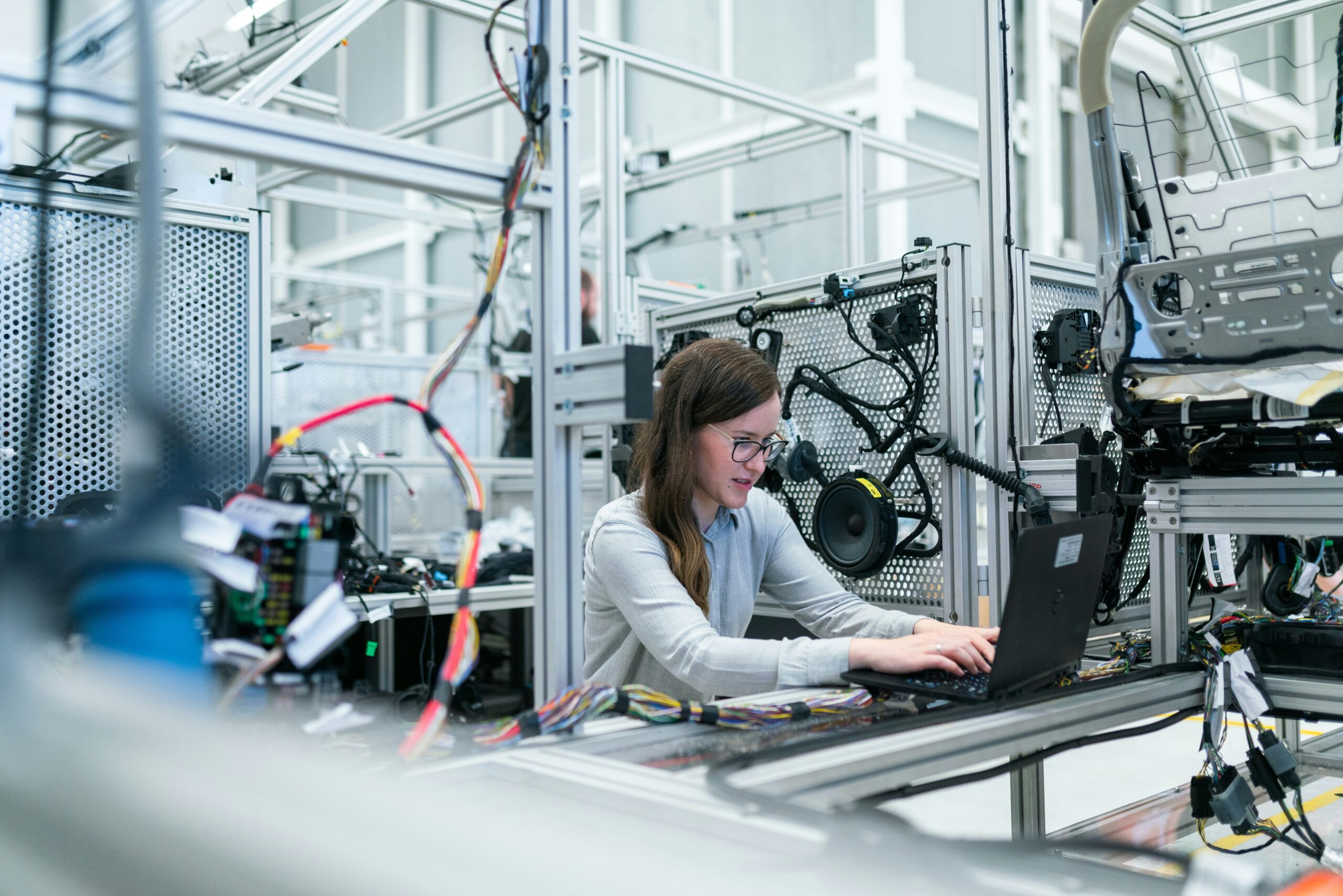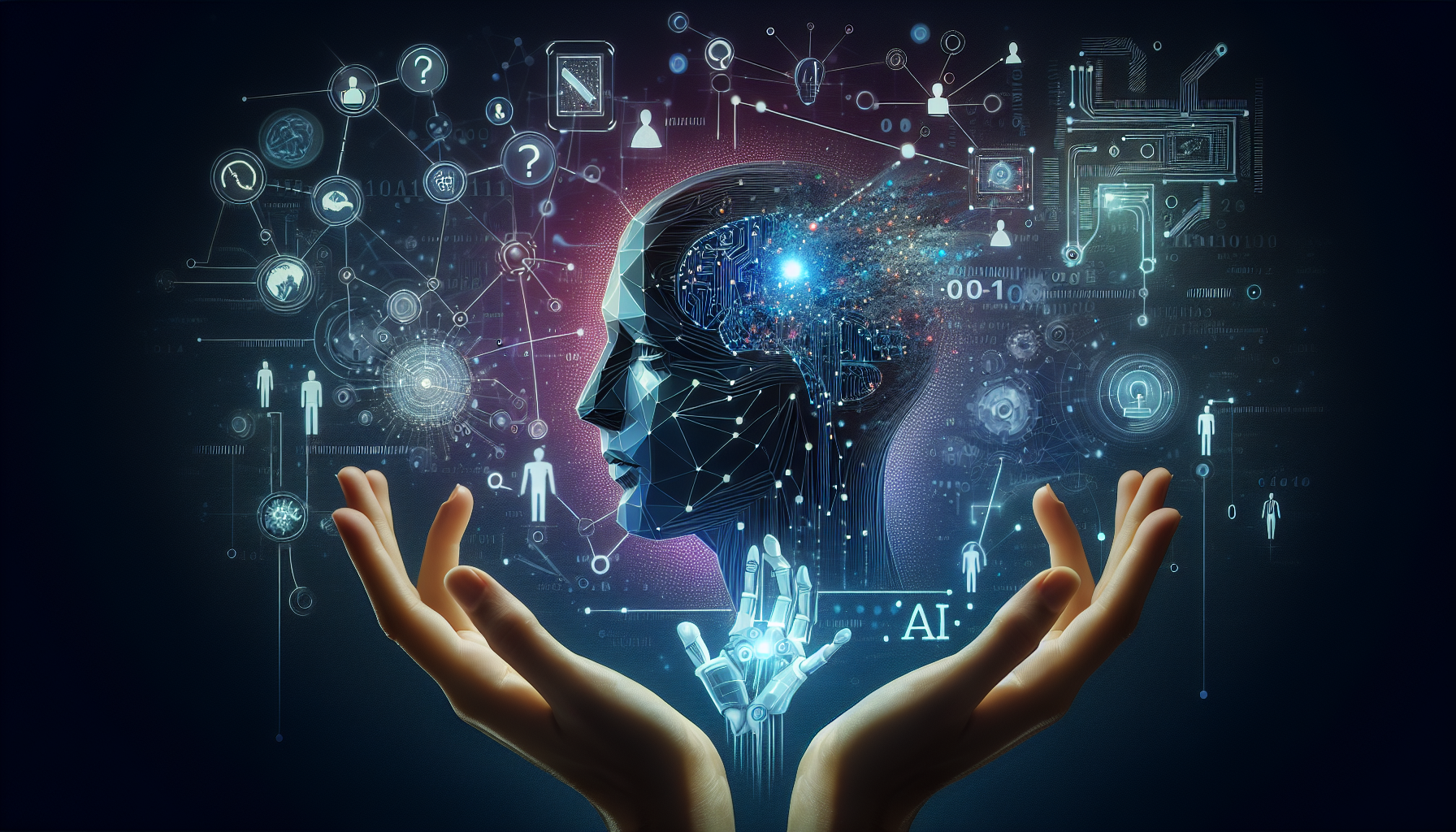“The Oracle of AI: An Interview with Kai-Fu Lee on 60 Minutes” is a compilation of interviews and reports on Artificial Intelligence (AI) from the popular television broadcast. The video features an intriguing interview with Kai-Fu Lee, known as the “oracle of AI.” It also covers a report on Google’s AI efforts and a story on chatbots like ChatGPT and the uncertainties they present. With timestamps for different sections, the video goes into depth on various aspects of AI, including its capabilities, impact on education, potential to disrupt job sectors, and ethical implications. As AI continues to accelerate humanity into an unpredictable future, experts like Kai-Fu Lee become essential in navigating the transformative power of this technology.
The content of the video reveals how AI machines are rapidly advancing in their ability to learn and perform advanced tasks, even though they cannot think like humans. It highlights China’s emergence as a major player in AI, attracting significant investment and fostering successful startups. Moreover, the video explores the potential of AI in transforming education by personalizing learning experiences and identifying struggling students. However, it also raises concerns about job displacement, privacy, and ethical considerations surrounding the integration of AI into society. As you watch, you’ll gain valuable insights into the world of AI and the pivotal role it will play in shaping our future.
The Oracle of AI: An Interview with Kai-Fu Lee on 60 Minutes
Introduction
Artificial Intelligence (AI) has become a topic of immense interest and speculation in recent years. As technology continues to advance, the capabilities of AI machines are evolving at a rapid pace. In an interview on 60 Minutes, Kai-Fu Lee, known as the “Oracle of AI,” discusses the potential impact and transformative power of AI on our society. This article aims to provide a comprehensive overview of the key points covered in the interview.
The Oracle of AI
Kai-Fu Lee, a prominent figure in the field of AI, has earned the title of the “Oracle of AI” due to his extensive knowledge and expertise. His insights on the future of AI and its potential implications are highly sought after. With a background in engineering and business, Lee’s venture capital firm in Beijing has yielded substantial success, having funded numerous AI startups. His influence and perspective make him a vital voice in the AI community.

The Revolution (Part 1)
The future of AI is unpredictable, yet undeniably exciting. Lee emphasizes that AI will accelerate humanity into an unprecedented future, leading to a need for experts like himself. The potential of AI to revolutionize various aspects of our lives, from technology to healthcare, is immense. Lee firmly believes that AI will have a more profound impact on the world than any other technology in history. The possibilities are endless, and the world-changing potential of AI is both thrilling and daunting.
The Revolution (Part 2)
China’s growing role in the field of AI is another aspect explored in the interview. Lee highlights the significant investments and successful startups that have emerged in China’s AI industry. In recent years, China has attracted half of all global AI capital, surpassing Silicon Valley in many respects. This rapid growth is due in part to China’s vast population and the widespread use of technology in everyday life. The development of AI in China aims to bridge the education gap and provide better learning experiences for those in rural areas.

Who is minding the chatbots?
Chatbots, like ChatGPT, have gained popularity and are being widely used for various purposes. However, there are still unknowns when it comes to chatbot technology. While they have made significant advancements, AI chatbots are not yet capable of human-like thinking. There are limitations to their understanding and interpretation of complex language and context. The reliability and potential risks associated with chatbot technology are areas of continuous exploration and development.
Advanced Capabilities of AI Machines
AI machines are constantly evolving and becoming capable of more advanced tasks. While they don’t possess human-like thinking, they can learn and perform complex operations. The evolution of AI is attributed to innovations in computer chips, the availability of vast amounts of data, and the development of deep learning programming. It is this combination of factors that has enabled AI machines to carry out sophisticated operations with increased precision and efficiency.

AI as the Most Transformative Technology
Kai-Fu Lee firmly believes that AI will be the most transformative technology in history. Its potential to reshape industries, improve healthcare, transform education, and redefine job sectors is unprecedented. AI has the power to automate repetitive tasks, opening up new opportunities for workers to engage in more meaningful and creative work. The implications of AI’s transformative power are far-reaching and will undoubtedly shape the future of our society.
China’s Role in AI
China’s emergence as a major player in the field of AI is undeniable. The country’s significant investments in AI research and development have attracted attention from around the world. China’s advantage lies in the vast amounts of data it collects, as well as its commitment to achieving AI dominance. With a population four times that of the United States, China has a unique opportunity to leverage its data to train AI systems effectively. This puts China in a competitive position to rival Silicon Valley’s AI prowess.

Applications of AI: Face and Emotion Recognition Systems
One area where AI has made significant advancements is in face and emotion recognition systems. Innovations in computer chips, data availability, and deep learning programming have allowed AI systems to analyze and recognize faces with remarkable accuracy. Face Plus+, a visual recognition system developed in China, demonstrates the potential of AI in this field. Additionally, emotion recognition systems can analyze facial expressions to determine a person’s emotional state. These advancements have wide-ranging applications, from security systems to personalized advertising.
AI in Education
AI also has the potential to revolutionize the field of education. By personalizing learning experiences, AI can cater to individual needs and identify struggling or gifted students. The integration of AI in education can provide better access to quality education in remote or underserved areas. The ability to track students’ progress and provide targeted support makes AI a powerful tool in improving educational outcomes. Kai-Fu Lee’s personal passion for using AI to connect top teachers with students in impoverished areas exemplifies the positive impact AI can have on education.

Disruption of Job Sectors by AI
The introduction of AI technology is predicted to disrupt various job sectors, replacing repetitive tasks and transforming existing job definitions. Jobs such as chauffeurs, truck drivers, and even positions in the service industry may be impacted by the rise of AI. The potential displacement of jobs raises questions about the future of employment and the need for workers to adapt to a changing landscape. Approximately 40% of jobs worldwide may be displaced by technology in the next 15 years, necessitating a shift in the labor market and the need for retraining and reskilling.
Concerns and Ethical Implications of AI
With the rapid advancement of AI technology, concerns regarding privacy, surveillance, and ethical implications have become prominent. The collection and use of personal data raise questions about individual privacy and the potential for misuse. There is also the concern that governments may utilize AI technologies for control or surveillance purposes. The ethical implications of AI, including biases in algorithms and AI decision-making, require careful consideration. Addressing these concerns is crucial to ensure that AI is developed and deployed responsibly.
Regulation and Involvement of Experts
The integration of AI into society requires responsible regulation and the involvement of experts from various fields. Social scientists, ethicists, and philosophers must collaborate with AI developers to establish guidelines and frameworks that ensure compliance with human values. Establishing comprehensive regulations will help address concerns surrounding privacy, security, and the ethical implications of AI. The collaborative efforts of industry professionals, policymakers, and society as a whole are essential in shaping the development and impact of AI.
Conclusion
The interview with Kai-Fu Lee on 60 Minutes sheds light on the potential of AI and the challenges it presents. As AI machines continue to learn and evolve, their impact on various aspects of our society will become more pronounced. China’s growing role in AI highlights the global shift towards AI development. While AI has the potential to revolutionize industries, improve education, and increase efficiency, it is crucial to address concerns regarding privacy, ethics, and job displacement. Through responsible regulation and the involvement of experts, we can harness the transformative power of AI for the betterment of society.






Leave a Reply